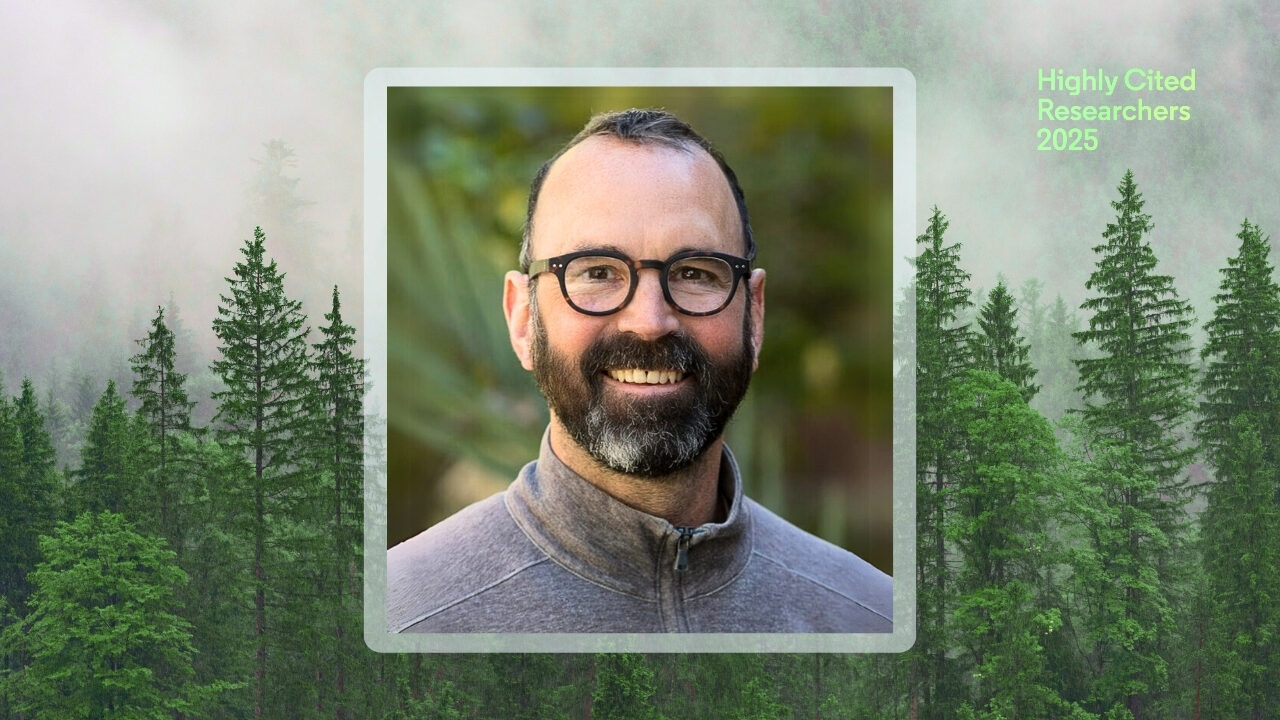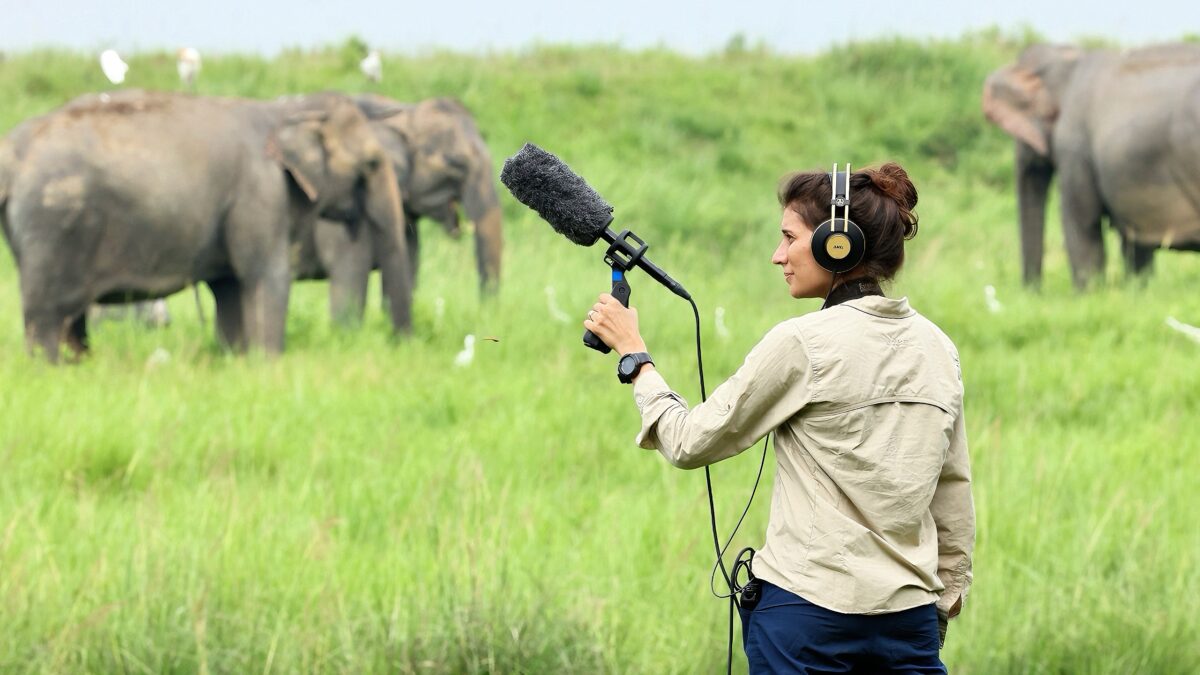
Meet the 2025 Pritzker Environmental Genius Award Candidates #6–9
These four nominees are focused on housing, conservation, fashion and public space — tackling environmental issues by redesigning how systems work at the local level
The next set of 2025 Pritzker Emerging Environmental Genius nominees builds on a theme running through the full cohort: environmental work that’s highly technical, deeply localized and shaped by lived experience as much as expertise. Their projects are varied — from housing policy and conservation tech to ethical manufacturing and coalition-building — but each one is tied to the logistics of daily life: who gets to stay in their home, who manages shared land, who has access to power, space and opportunity.
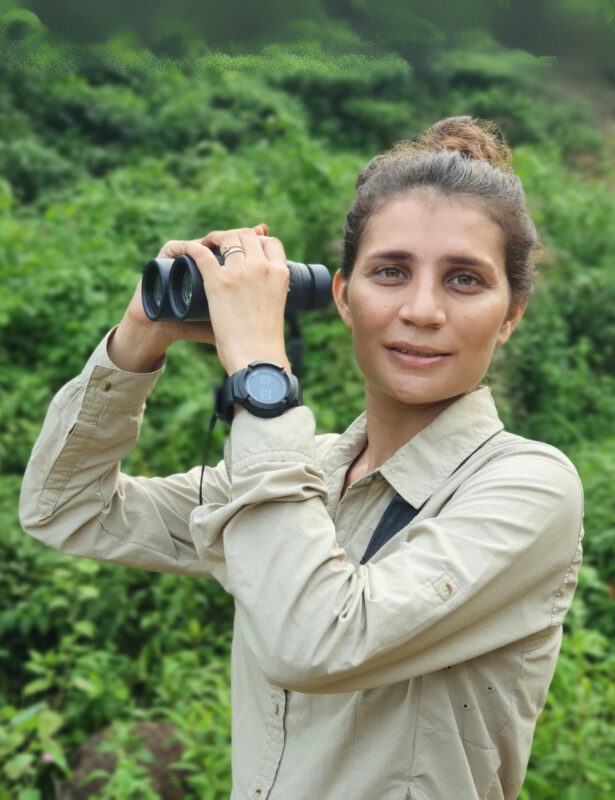
Seema Lokhandwala – Founder and Principal Investigator of the Elephant Acoustics Project
In parts of India where people live close to forest edges, human-elephant conflict is a daily reality. As habitats shrink and climate pressures grow, encounters between communities and elephants have become more frequent — and more dangerous. Seema Lokhandwala, an engineer-turned-conservation scientist, is developing technology that helps prevent these encounters before they happen.
Lokhandwala is the founder of the Elephant Acoustics Project, which uses low-frequency sound sensors to detect elephant vocalizations across large distances. When the system picks up movement near human settlements, it sends real-time alerts to local residents and forest officials. It can also trigger automated sound deterrents — such as recorded predator calls — to guide elephants away from villages and farmland. The goal is to reduce harm on both sides: fewer crop losses, fewer injuries and fewer elephants being relocated, captured or killed.
Her approach pairs technical development with deep community engagement. Lokhandwala and her team have conducted more than 500 interviews across villages in the Kaziranga-Karbi Anglong landscape, mapping elephant routes and training local residents to maintain the devices. These systems are already in use near Kaziranga National Park, where they have helped prevent further fatalities following recent conflict events.
Lokhandwala also created India’s first database of Asian elephant vocalizations and is contributing to the growth of acoustic monitoring for large land mammals — a field still in early stages compared to research on birds or marine species. Her work is supported by conservation funders and has been featured in Nature, Mongabay and CNN’s Call to Earth.
By using sound to make elephant presence visible — and actionable — Lokhandwala is creating a model that combines low-cost innovation, field-tested data and local knowledge.

Chelsea Kirk – Director of Policy and Advocacy of Climate and the Built Environment at Strategic Actions for a Just Economy
In California, the buildings people live in are among the state’s largest sources of climate pollution. Retrofitting them is a core part of the state’s climate plan — but until recently, there were few safeguards in place to protect the people inside. Chelsea Kirk, a policy strategist and housing advocate based in Los Angeles, is helping to change that.
As Director of Policy and Advocacy for Climate and the Built Environment at Strategic Actions for a Just Economy, Kirk works to integrate tenant protections into the state’s building decarbonization efforts. Her focus is on preventing “green displacement” — a pattern where climate upgrades like electrification or energy efficiency retrofits result in higher rents or evictions. In 2023, she helped pass amendments to Los Angeles’s Just Cause ordinance to block landlords from using green construction as grounds for removing tenants. That local win has since informed state legislation backed by Earthjustice, NRDC and the Green New Deal Network.
Kirk’s work is shaped by organizing as much as policy. She co-founded the LA for Resilient and Healthy Homes coalition, which brings together housing, climate and labor groups. After the Los Angeles wildfires in January 2025, she launched Rent Brigade, a volunteer effort that tracked rent gouging and helped spark criminal investigations, new tenant protections and a bill now under consideration in Sacramento.
She also serves on California’s Disadvantaged Communities Advisory Group, helping state agencies design clean energy programs that reach low-income households. Her recent report, A Renters’ Right to Cooling, outlines policy responses to extreme heat in buildings that lack air conditioning — an increasingly urgent issue in the state’s housing stock.
Her approach links climate action with tenant power — not as parallel issues, but as part of the same system.
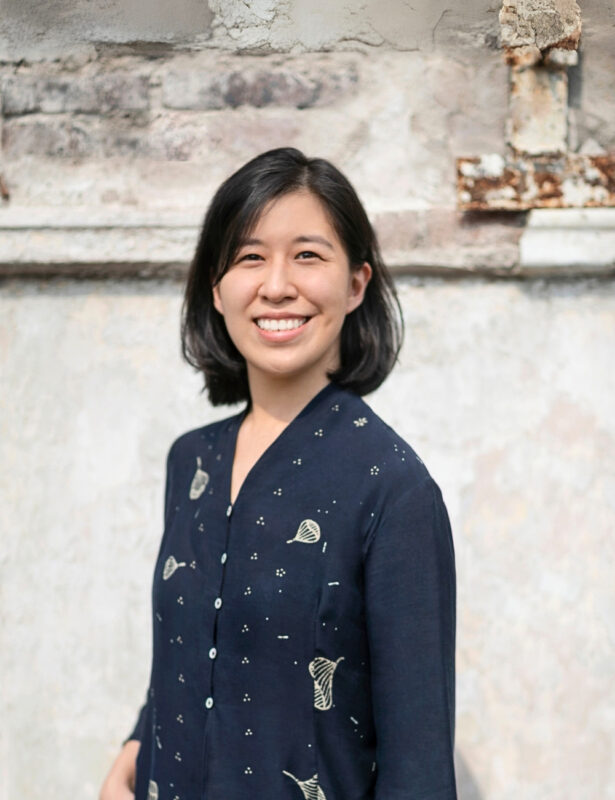
Denica Riadini-Flesch – Founder and CEO of SukkhaCitta
In the global fashion economy, production is often distant and opaque — raw materials, labor and environmental costs are separated from the final product. Denica Riadini-Flesch, an economist based in Indonesia, is building a supply chain that works in reverse: locally anchored, transparent at every step and designed to improve the land and livelihoods it touches.
She is the founder of SukkhaCitta, a company that grows its own cotton, produces its own dyes and works directly with women in rural Indonesia to make textiles from start to finish. Since 2016, the company has provided job training and living wages to nearly 1,500 farmers and artisans in 13 villages. All are part of a fully traceable system — certified under third-party standards like Ethically Handcrafted™ — that tracks environmental and social impact from soil to fabric.
SukkhaCitta’s model includes regenerative farming, plant-based dye systems and community-run “craft schools” focused on business, design and sustainable techniques. So far, the company reports over 120 acres of restored farmland and 4.9 million liters of water kept free of toxic dye runoff. It is also the first fashion brand in Asia to receive Net Zero verification under the Science Based Targets framework, which measures whether companies’ climate plans align with global targets.
With a new materials platform and training app in development, Riadini-Flesch is working to make the model accessible to other producers. The goal is to create a system where communities can grow raw materials, increase income and reduce harm — without being cut out of the process.
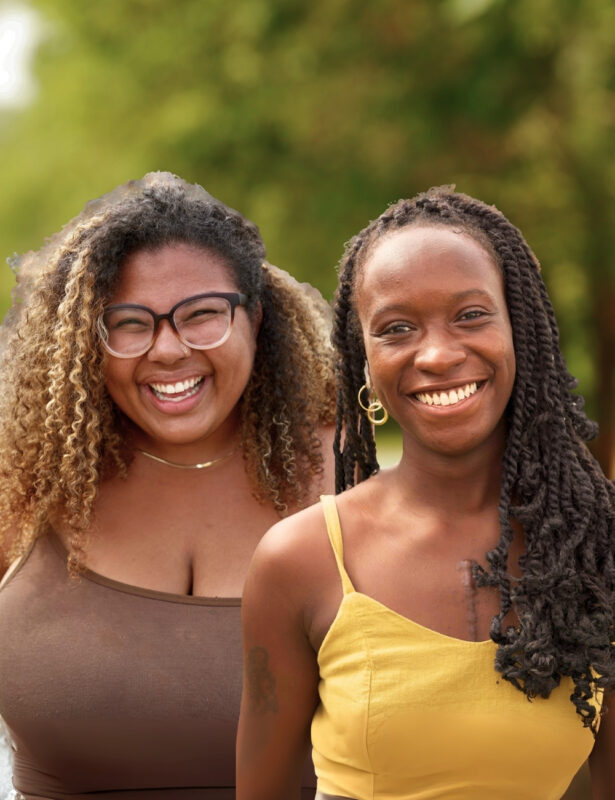
Maya Smith & Joye Williams – Co-founding Executive Directors of the Boston Harbor Women of Color Coalition
In Boston, where access to public shoreline and environmental programming has often excluded communities of color, Maya Smith and Joye Williams are creating something different: a coalition where women of color gather and shape the future of the city’s waterfront.
Smith and Williams are the co-founding executive directors of the Boston Harbor Women of Color Coalition, a growing network that blends environmental advocacy, professional development and cultural community-building. What began as a volunteer effort has grown into a 250-member organization offering monthly events, job pipelines and leadership retreats focused on connection, access and visibility in green and blue spaces.
Both women hold senior roles at Save the Harbor/Save the Bay — Smith leads grantmaking and partnership strategy, and Williams oversees operations and brings a background in environmental wellness and community gardening. Together, they’ve secured multi-year funding, advised citywide programs and designed events that center historically marginalized groups, including black, indigenous, immigrant, LGBTQ+ and working-class communities.
Their programs include “Netwalk in Nature” on Peddocks Island, the region’s largest outdoor gathering for people of color, and a leadership retreat that brought more than 80 women of color together in 2024. Members regularly report career advancement, and several have secured positions through the coalition’s professional network and job newsletter.
Their model combines career infrastructure with cultural relevance — not by asking institutions to include more diverse voices, but by building visibility and belonging through community-led environmental work.




